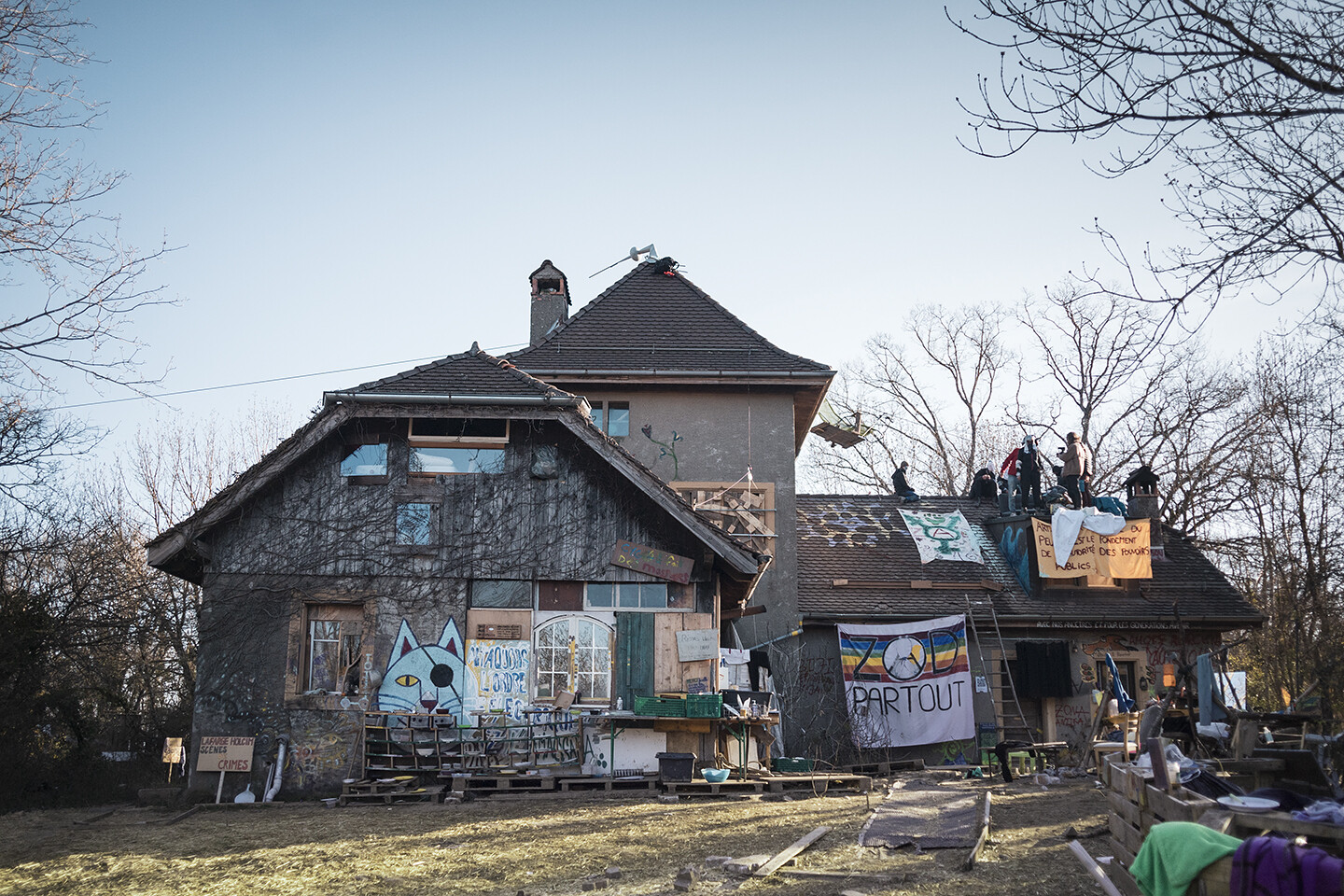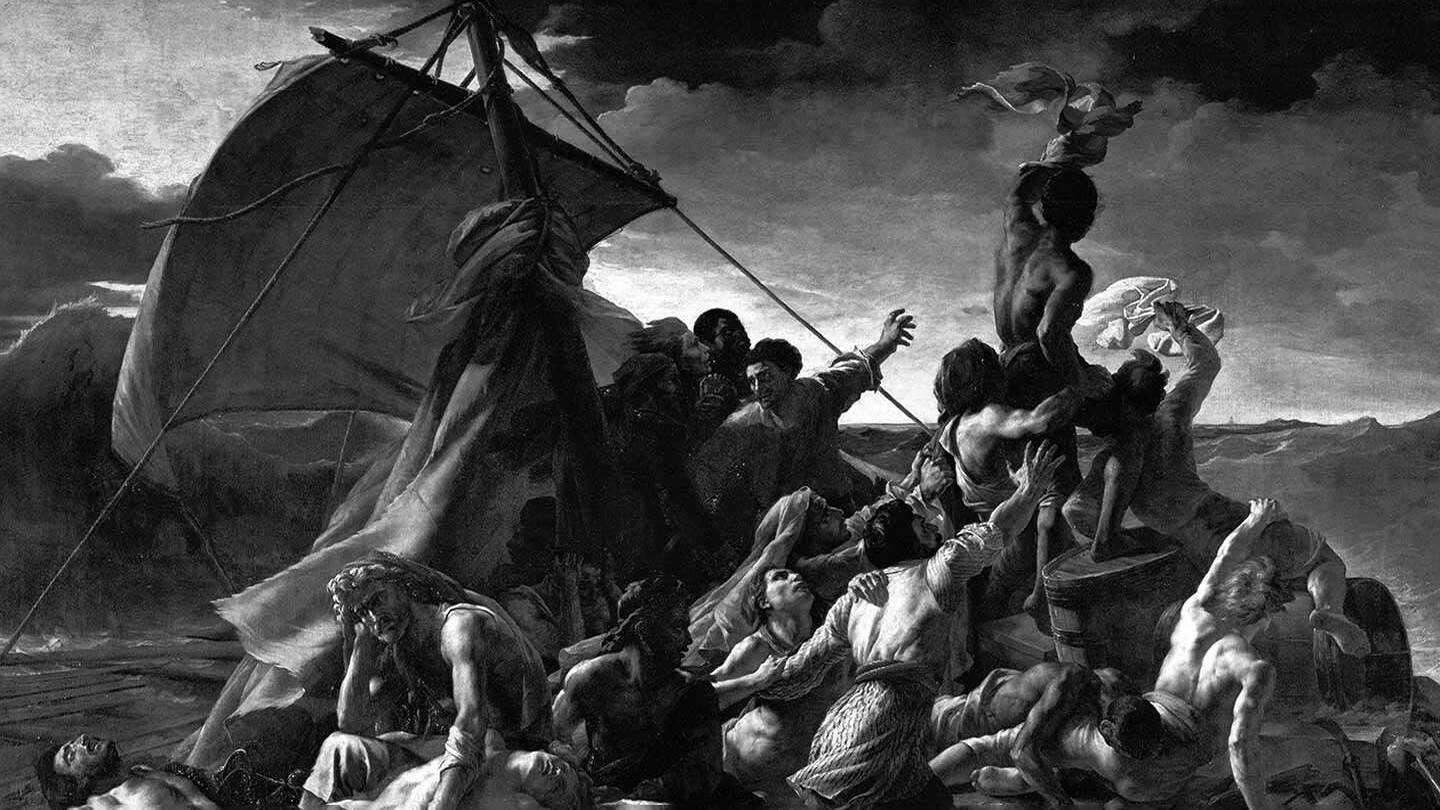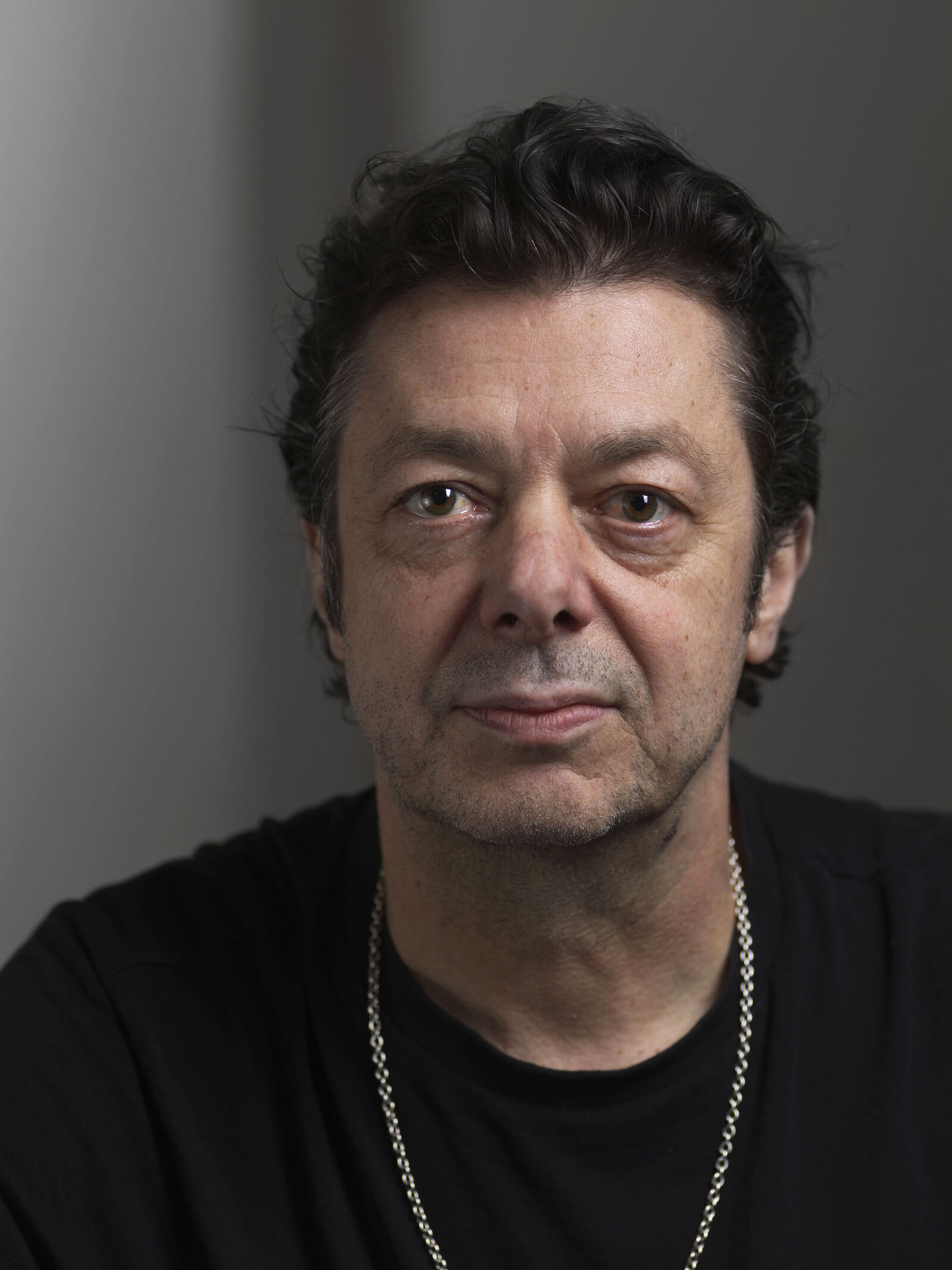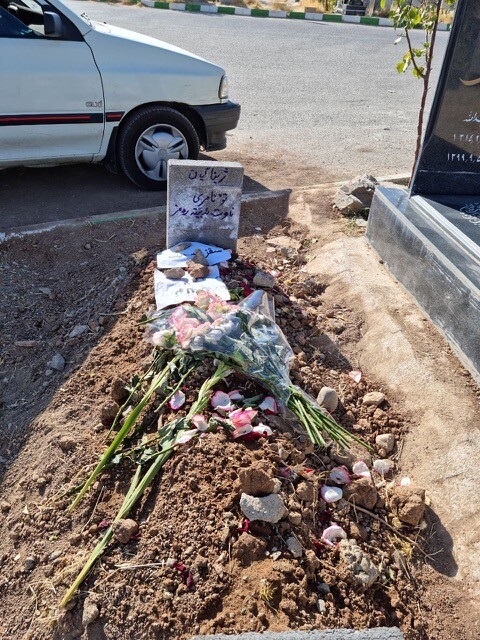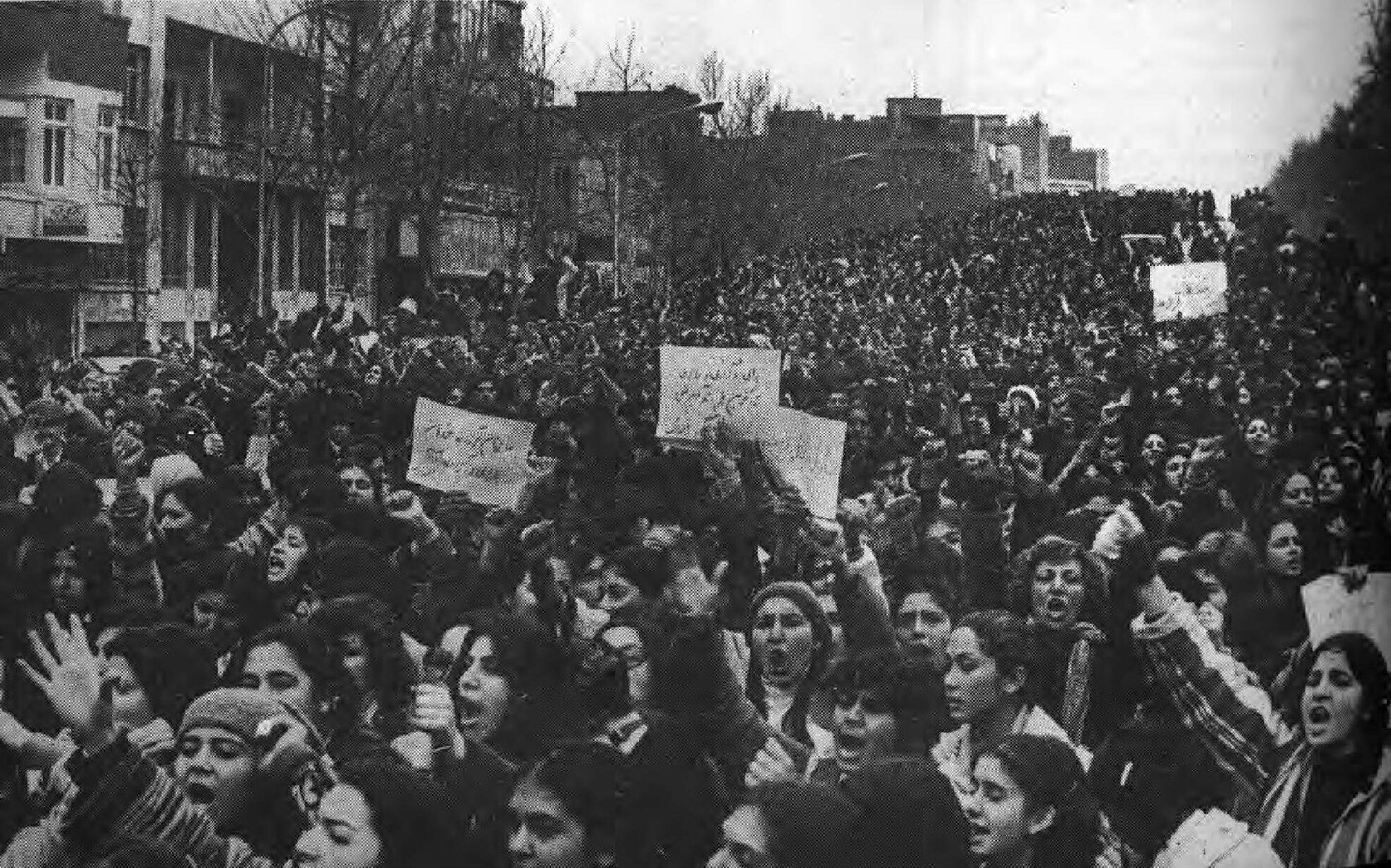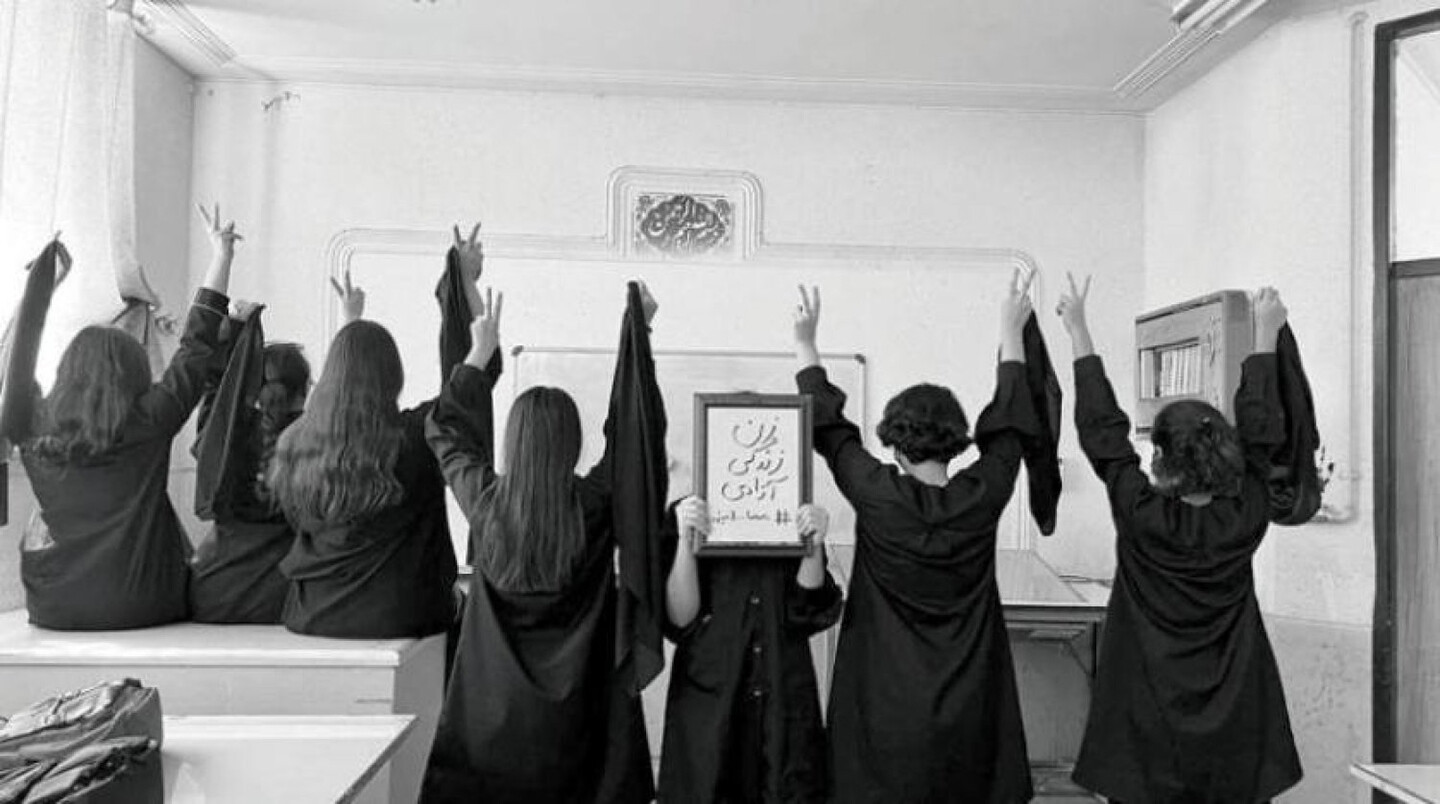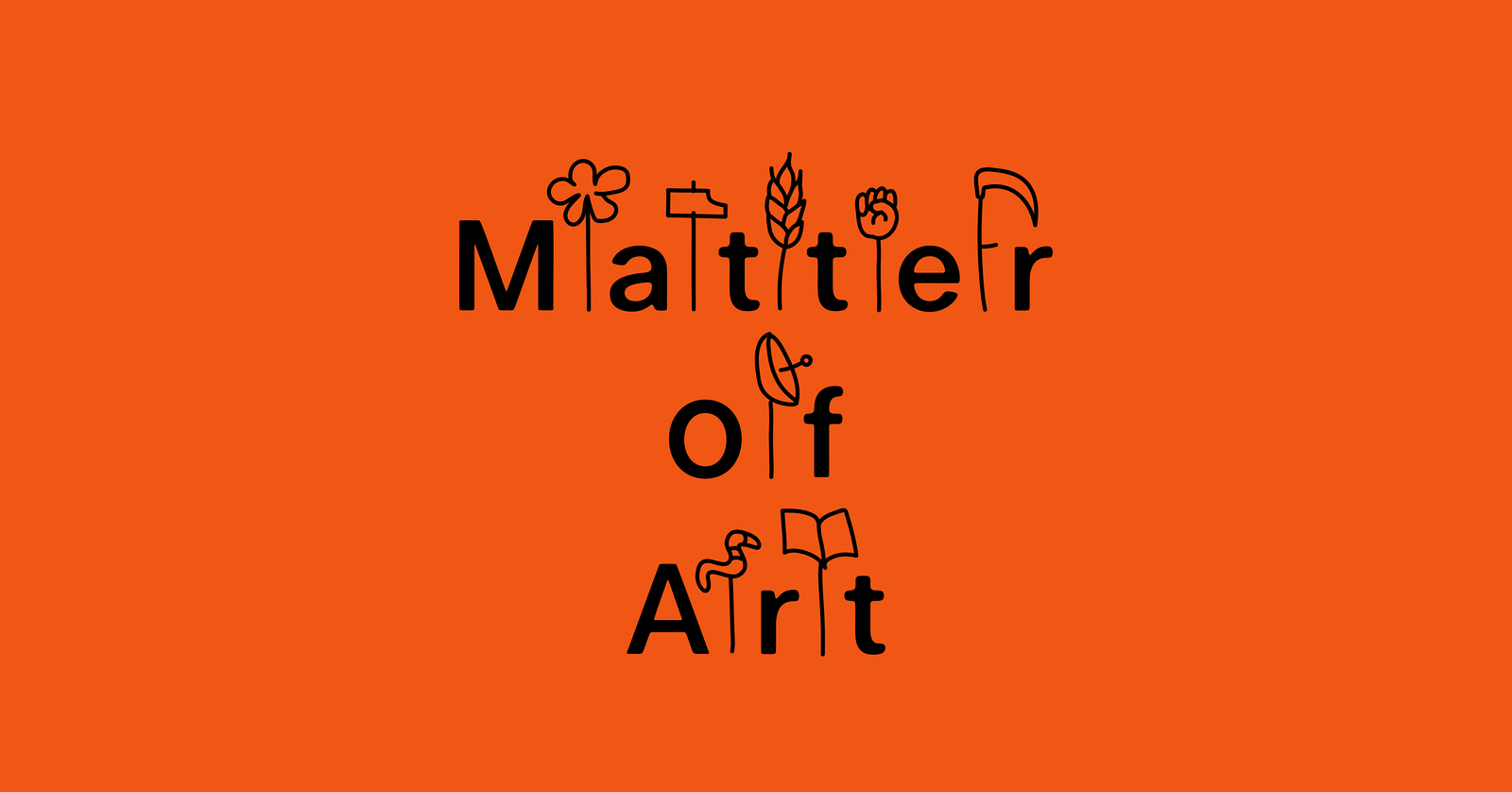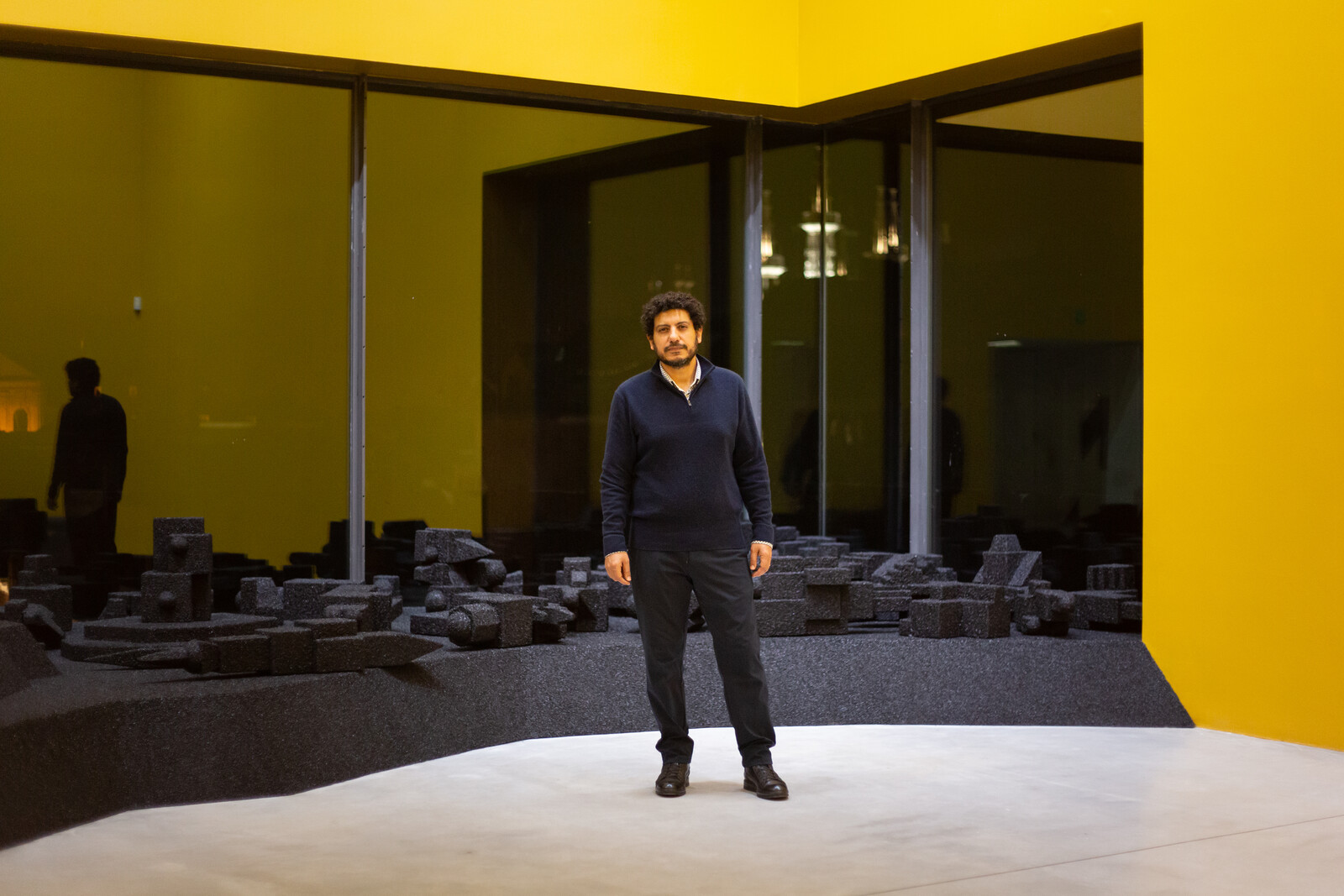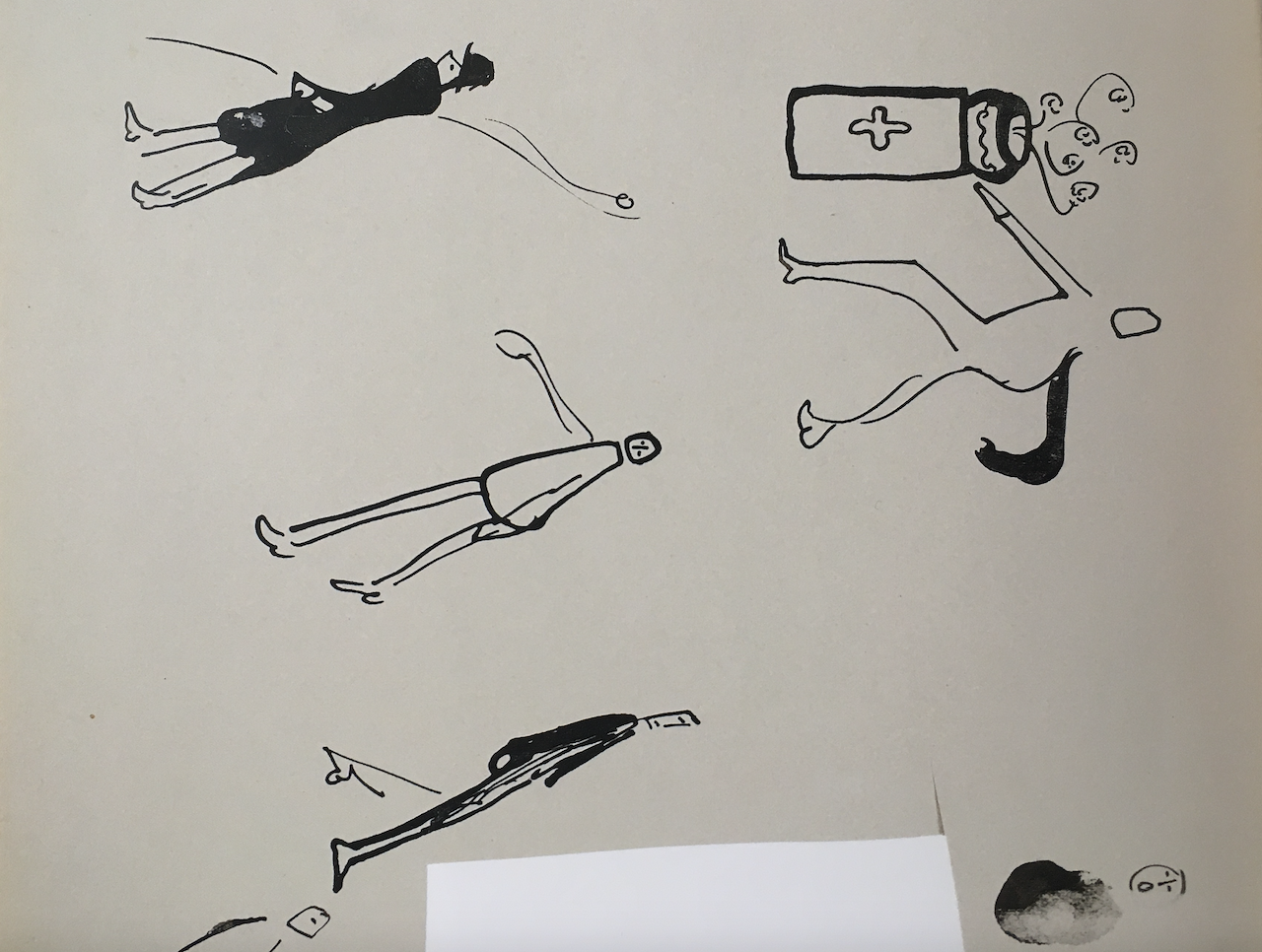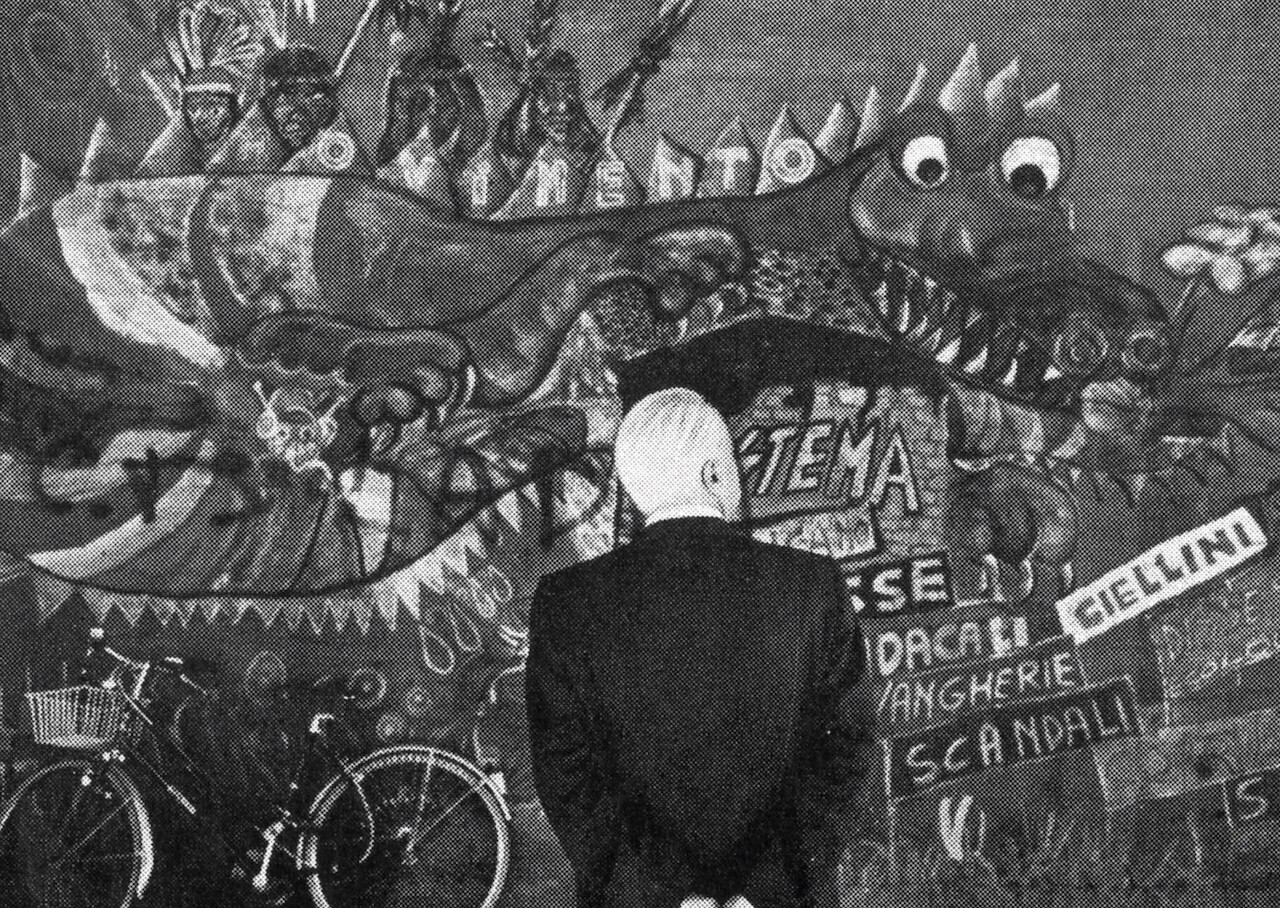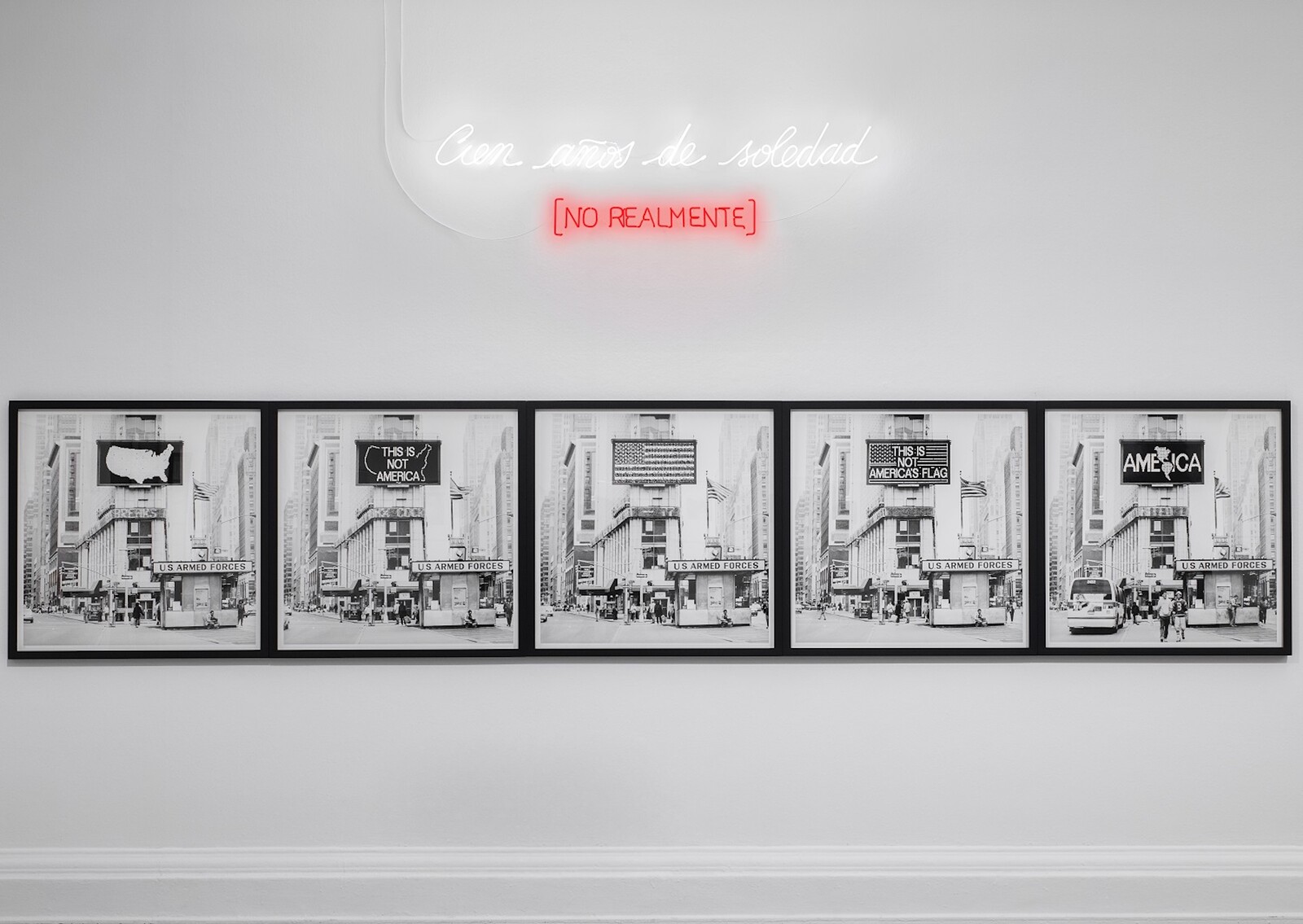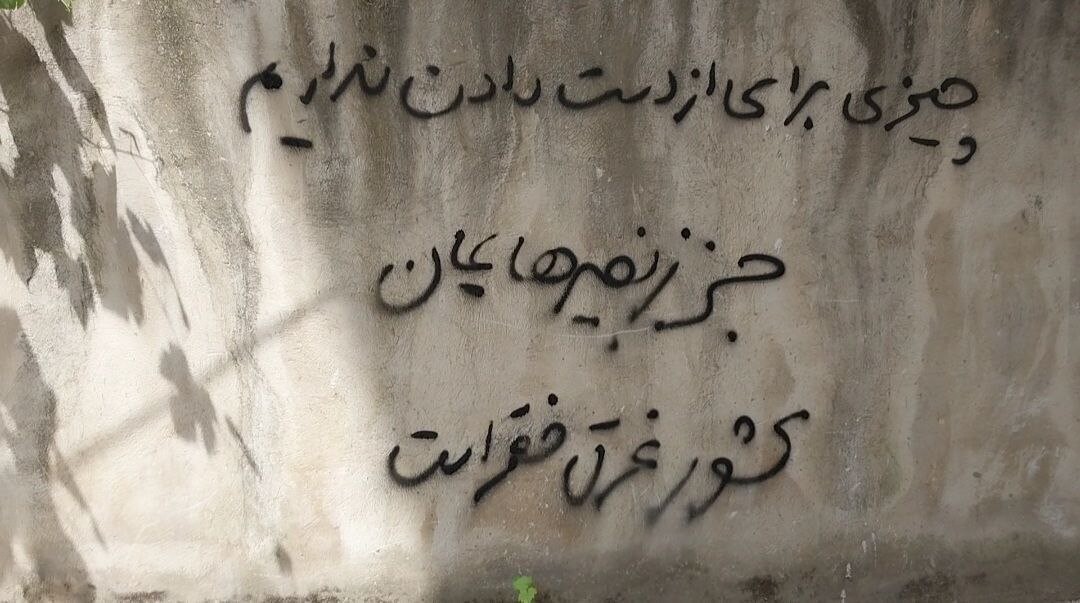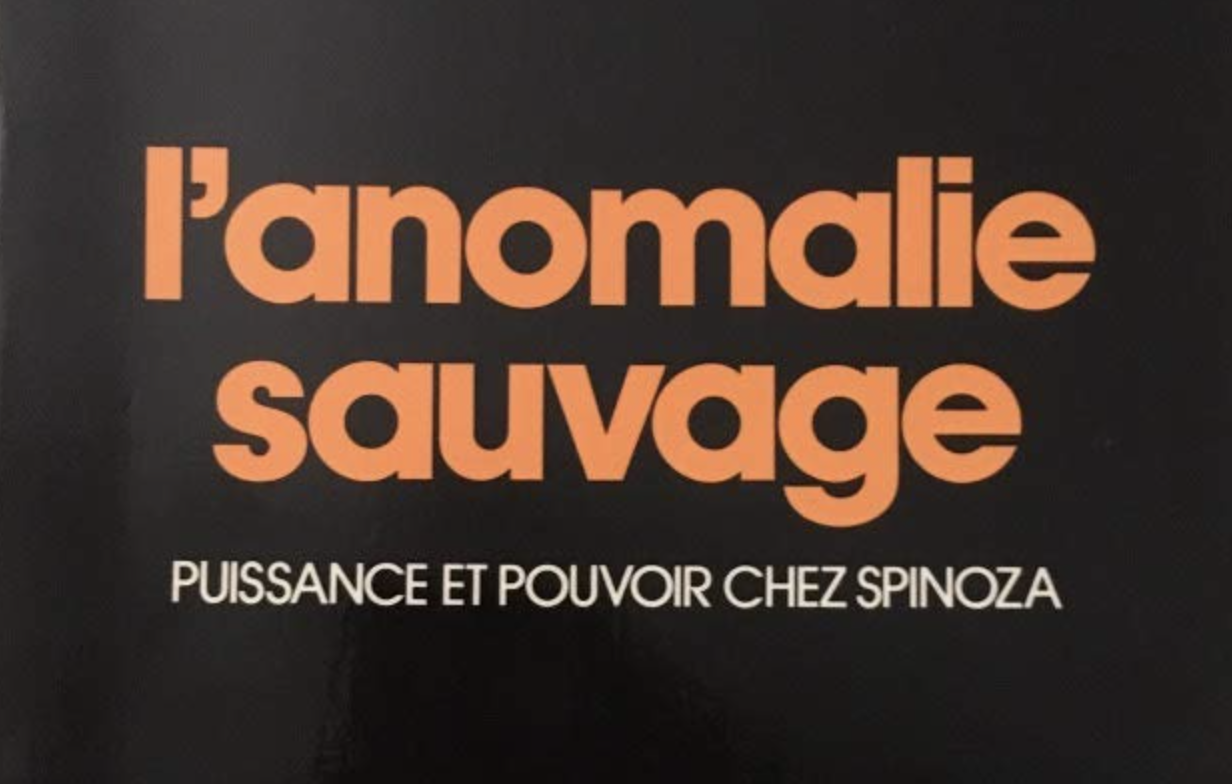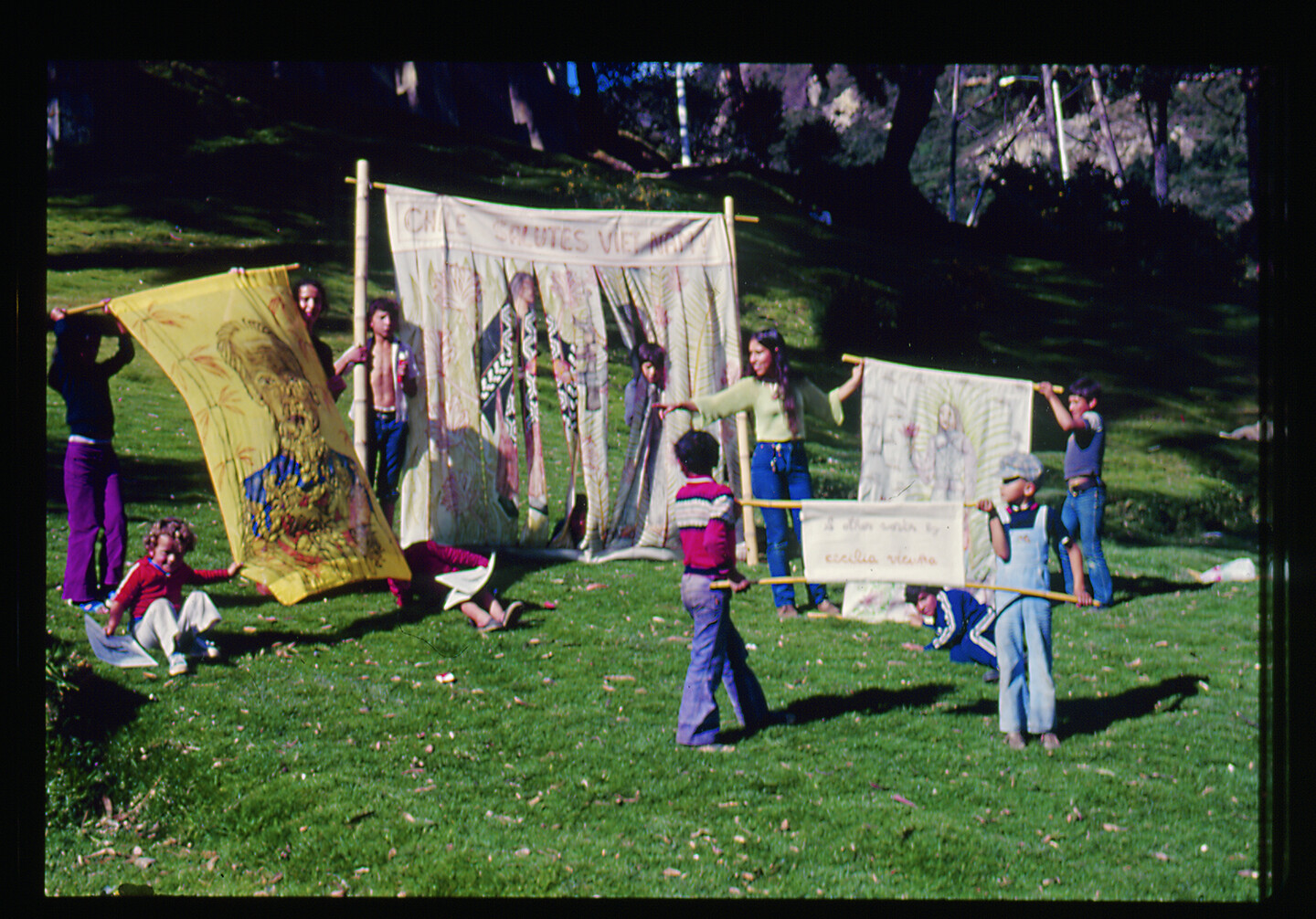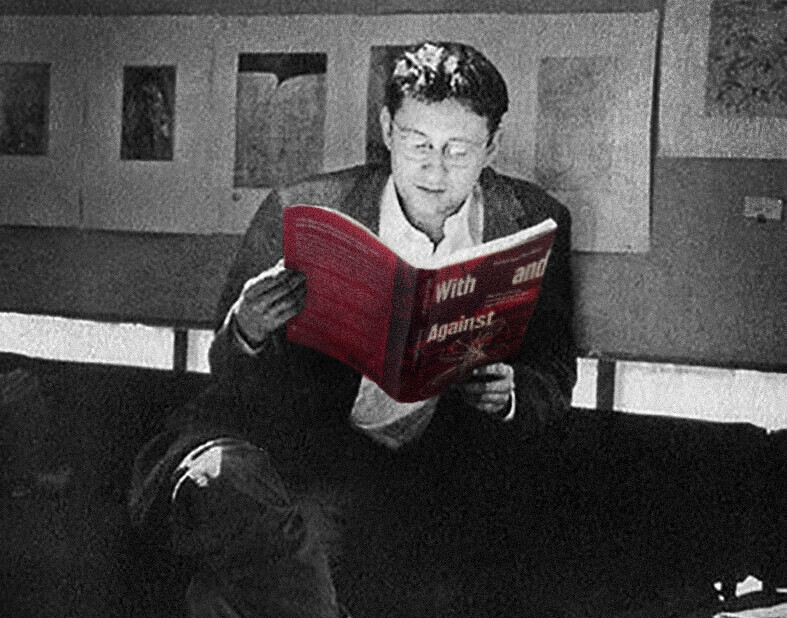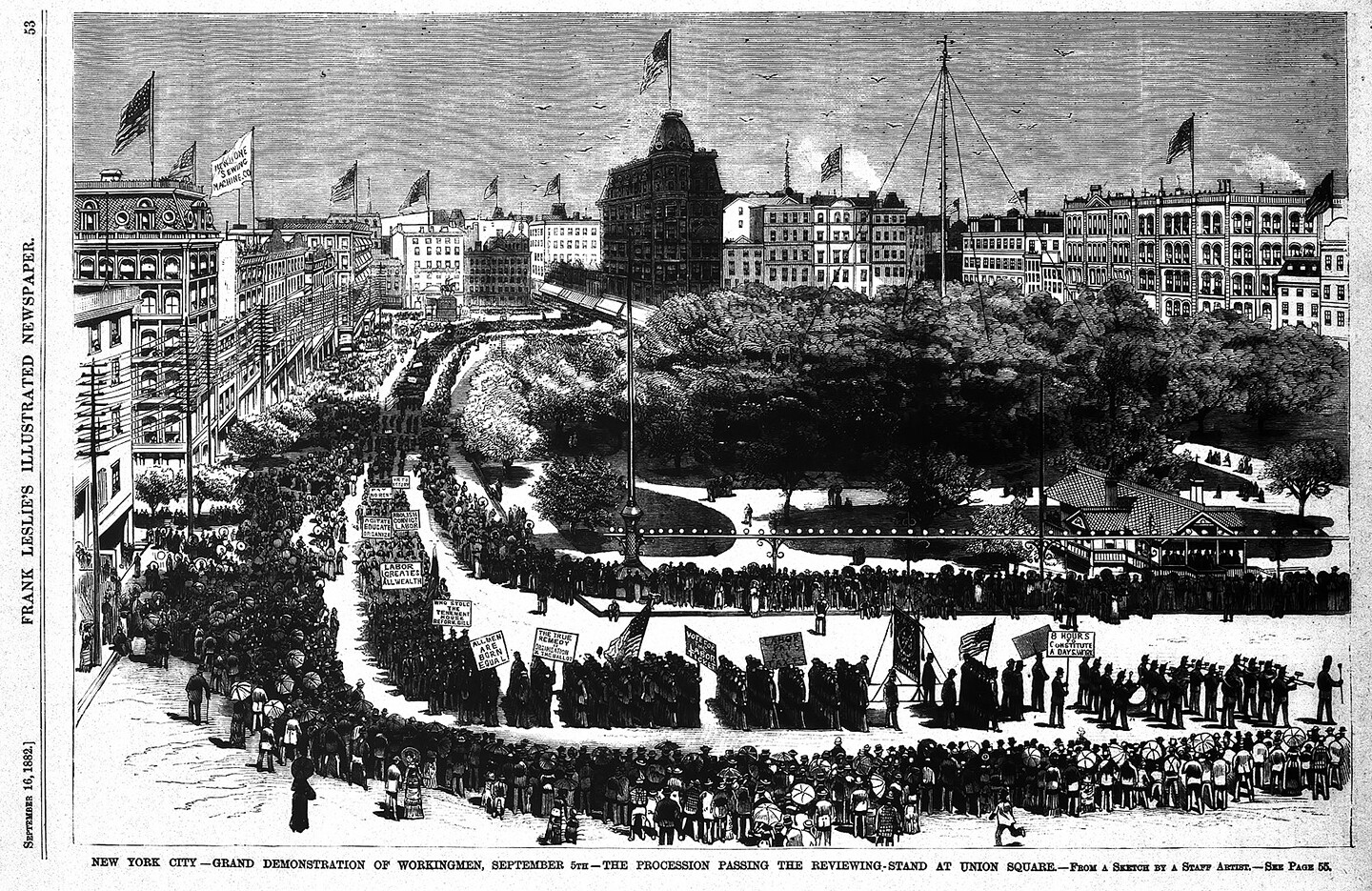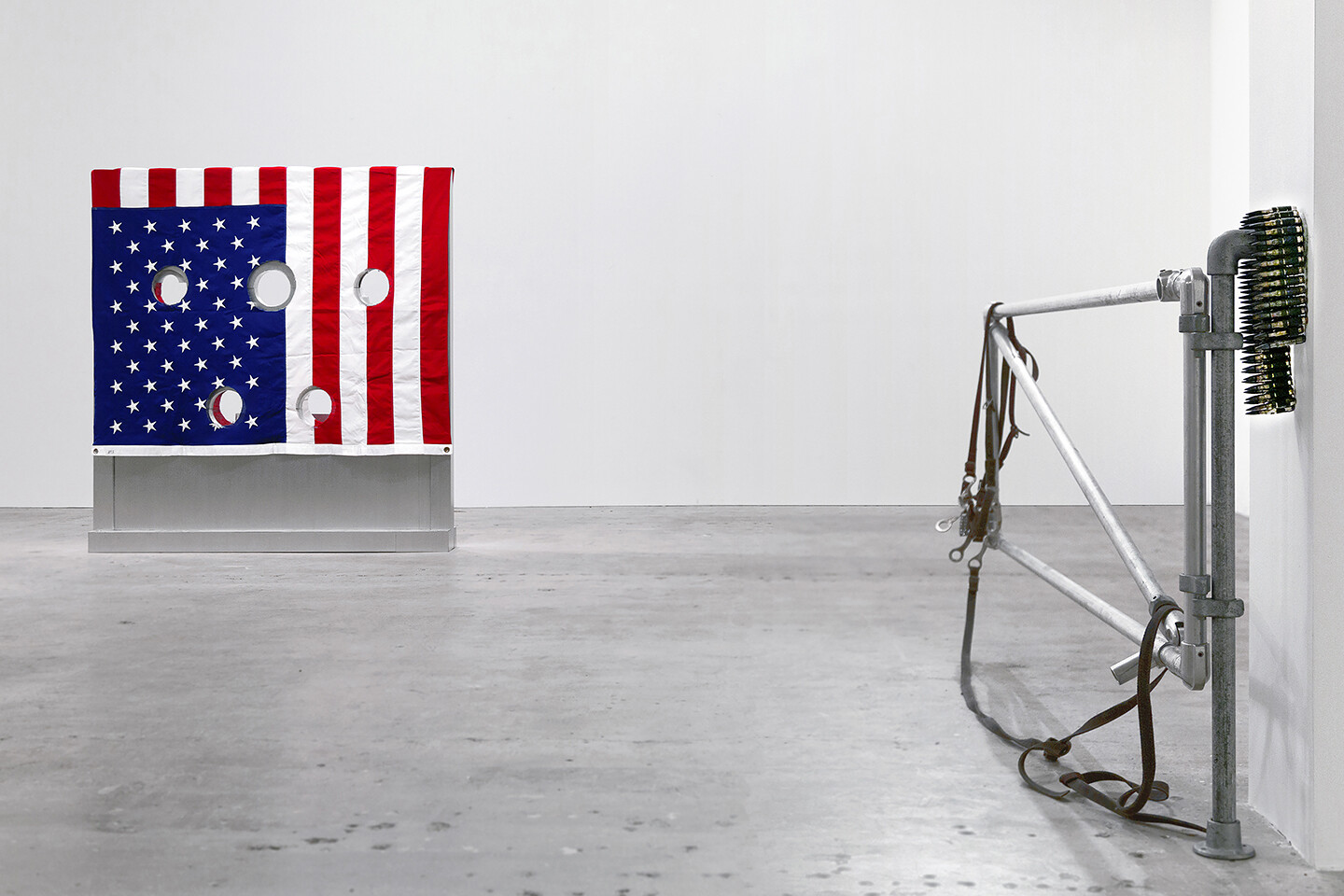The transmutability of the form has everything to do with the particular people who make each commune, and who, in so doing, outline a way of life, a subsistence in accordance with the commune’s site, its location, and its location’s history. Equally importantly, they devise a way of life in accordance with what the people making the commune decide their own political emancipation will look like. Each commune is built in a way particular to its specific space—to its subjects, its geography, to the history of its conflicts and achievements, its attributes and its challenges, as well as the challenges to come.
Charles Mudede: Consuming Revolutions
Raoul Peck’s Lumumba, with Feza Kayungu Ramazani and Natacha Nsabimana
Sylvain George: Screening and Conversation
The gap in my father’s memory of 1979 reminds me of the persistent silences in the writings of male leftist during the years after the revolution and in the decades since. With few exceptions, only leftist women have indicted left-wing parties in Iran for their refusal to oppose the mandatory hijab and for the sexism of party members. The powerful have a shorter memory and, with an easy conscience, accept their own silences.
In a pluralist feminist revolution, the child of the revolution is simply born. There is no need for a midwife. History has done the work. There is no power vacuum for the revolution to fill. The revolution has already found its agents along the way. The time for this revolution is not the future.
Artists for Democracy’s commitment to the experimental took many forms. In artistic terms, it formed an uneasy alliance with various “traditional,” “folk,” or “popular” forms. This can be understood as a pragmatic extension of Artists for Democracy’s “broad front” politics, to be as inclusive as possible with respect to artists and audiences, but it can be also understood in terms of aesthetic strategy.
Our Terrible Country: With World Records and Stefan Tarnowski
The story of AFD may serve as a reminder of alternative, pre-identitarian political sensibilities. This can be seen, for instance, in the group’s ready expression of common cause with peoples across vast cultural, geographic, and geopolitical differences, or in the way their Whitfield Street squat was a “queer” space without ever considering itself as such. Such an approach to organizing a space or collective points to a politics grounded in relationships within and across difference, and an understanding that individualized identities can function as barriers rather than a basis for solidarity.
Dominique Routhier, With and Against: The Situationist International in the Age of Automation
The workers movement wasn’t defeated by capitalism. The workers movement was defeated by democracy. This is the problem which the century puts to us. The matter in front of us, die Sache selbst, that we must now try to think through.
Long before Nazi violence came to be conceived as beyond comparison, Black radical thinkers sought to expand the historical and political imagination of an anti-fascist left by detailing how what could be perceived from a European or white vantage point as a radically new form of ideology and violence was in effect continuous with the history of (settler-)colonial dispossession and racial slavery.
If many in the West today have the sense that the world is coming to an end, it is very much their world that is ending; other worlds were invaded and ripped apart long ago, yet the peoples in question refused to disappear—or, as with the Creole populations of the Caribbean, they became an unprecedented people spanning several aboriginal pasts, the long present of (neo)colonialism, and uncertain futures. Meanwhile the extractivist machine keeps accelerating—even amidst the symptoms of planetary collapse. The million-dollar question—to use an inappropriate metaphor—is to what extent contemporary forms of asymmetrical schismogenesis can maintain or produce forms of life in opposition to financialized and racialized capitalism.
